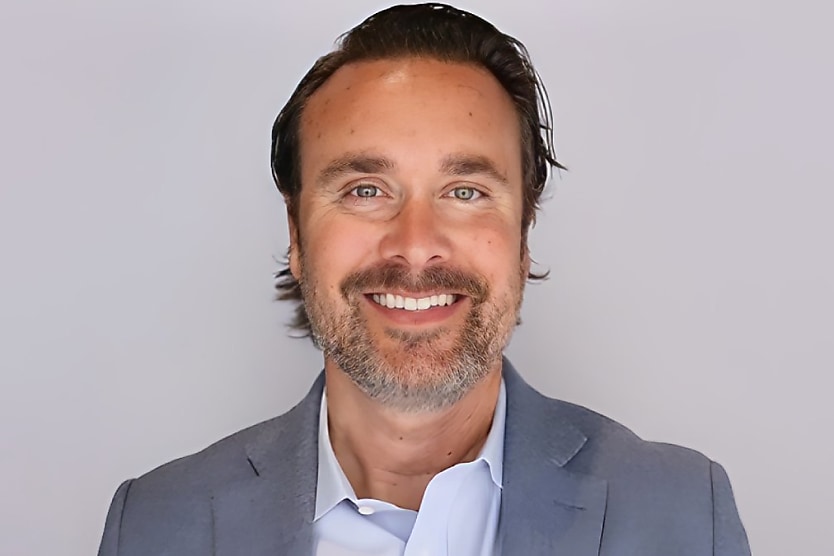New technology can act as a springboard for our human qualities
SHARE THIS ARTICLE

The fear of losing our humanity as digital technology continues to progress is a legitimate one. Yet some argue that it can have the opposite effect, catapulting the qualities that make us who we are.
In the workplace, artificial intelligence (AI) skills and digital literacy are becoming must-haves. A recent study highlighted that 66 per cent of employers would forgo hiring an employee if they didn’t have any AI skills. As employers prioritise these skills, it’s natural that employees would adapt to enhancing their technological expertise, somewhat disregarding the human elements of their skill set.
These human elements such as problem solving, critical thinking, communication skills, and empathy are still foundational pillars of a cohesive working environment. But are we sacrificing them as we become fixated with digital technology?
Infor’s future of work strategist and senior director, Marcus Mossberger, believes retaining our human qualities as digital technology rises in the workplace is the great balancing act that employees must manage.
“Technology is a fundamentally human endeavour. I’m going to say something a little bit counterintuitive. I really feel like the more that we embrace technology, the more human work can actually become. Because it’s going to automate so much of the administrative minutiae, the transactional tasks that nobody wants to do anyway, but we have to get done,” Mossberger said.
“So, let’s let the technology do it so that we can focus on things that only human beings can do.”
Those monotonous tasks that employees oftentimes disdain are now being completed by these new technologies, opening up the opportunity for a more productive work day. The productivity benefits are clear, as users have already said that AI, for example, helps them save time (90 per cent), focus on their most important work (85 per cent), allow more creativity (84 per cent), and enjoy their work more (83 per cent).
As the new space for productivity arrives, continuing to learn and grow within your role is crucial to achieving positive business outcomes within this ever-changing working environment. Mossberger stressed the need for an open growth mindset for both employers and employees.
“What we have to embrace is what I would refer to as an open growth mindset, to acknowledge that we’re never going to be done learning and growing. All of us are constantly moving, whether we realise it or not. Life is not static. It’s very dynamic,” Mossberger said.
“The next generation doesn’t want that old-school command and control. I think the next generation prefers to be empowered and enabled. I think the older generations have to be open to change as well and to acknowledge that some of our skills and abilities and experience may not be as relevant as [they] used to be.”
As the working landscape constantly evolves, so too should our skills. That doesn’t mean that the intrinsic values that got us to this point should be disregarded; it means that there should always be room for us to grow and improve.
“We have to be constantly evolving and growing ourselves to remain relevant. The half-life of skills these days is so much shorter. So, you learn something and then not that long later, it’s obsolete. Doesn’t really matter what age you are. You have to be able to and willing to grow and to change and evolve,” Mossberger said.
Having a growth mindset and balancing the moving parts of your work life are not an easy venture. In fact, it’s extremely challenging and can lead to stress levels rising. Mossberger believes that having that distinction between your work and your life is crucial to avoiding the degradation of one’s wellbeing.
“That’s going to be the most challenging thing we have to do in the future is balancing technology and the people side of things. My generation maybe is a little bit more accustomed to what we would refer to as work/life balance. So, there’s this separation and distinction between your personal life and your professional life,” Mossberger said.
“And [the key is] changing the way that work actually happens to accommodate human beings in a way that maintains our mental health, our physical health, and our emotional health. I mean, these are things that back in my day when I was in HR, we didn’t talk about.”
“My point is, I think what we’re seeing is technology actually has the potential to help us, as human beings, live healthier lives,” said Mossberger.
Kace O'Neill
Kace O'Neill is a Graduate Journalist for HR Leader. Kace studied Media Communications and Maori studies at the University of Otago, he has a passion for sports and storytelling.

